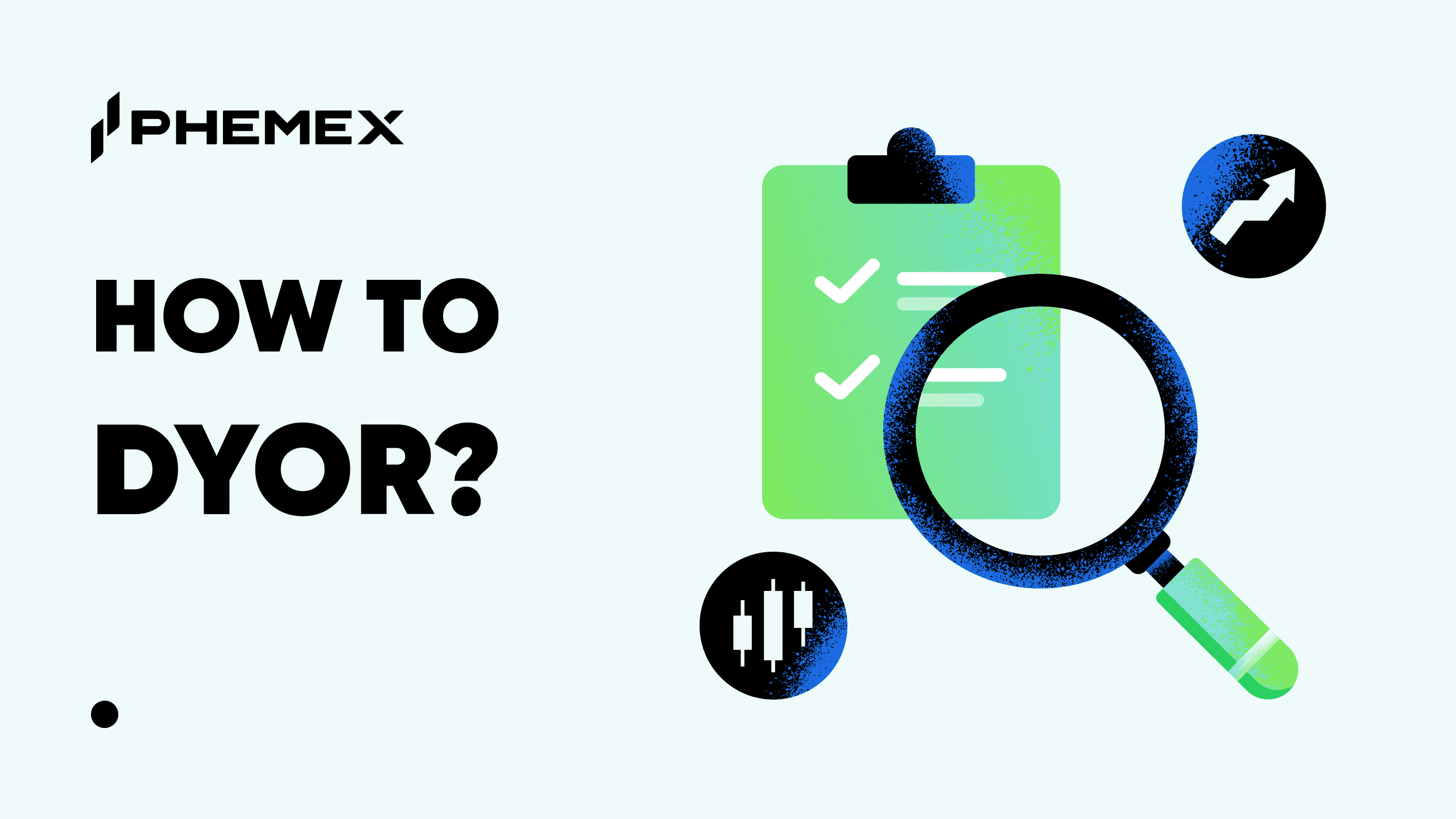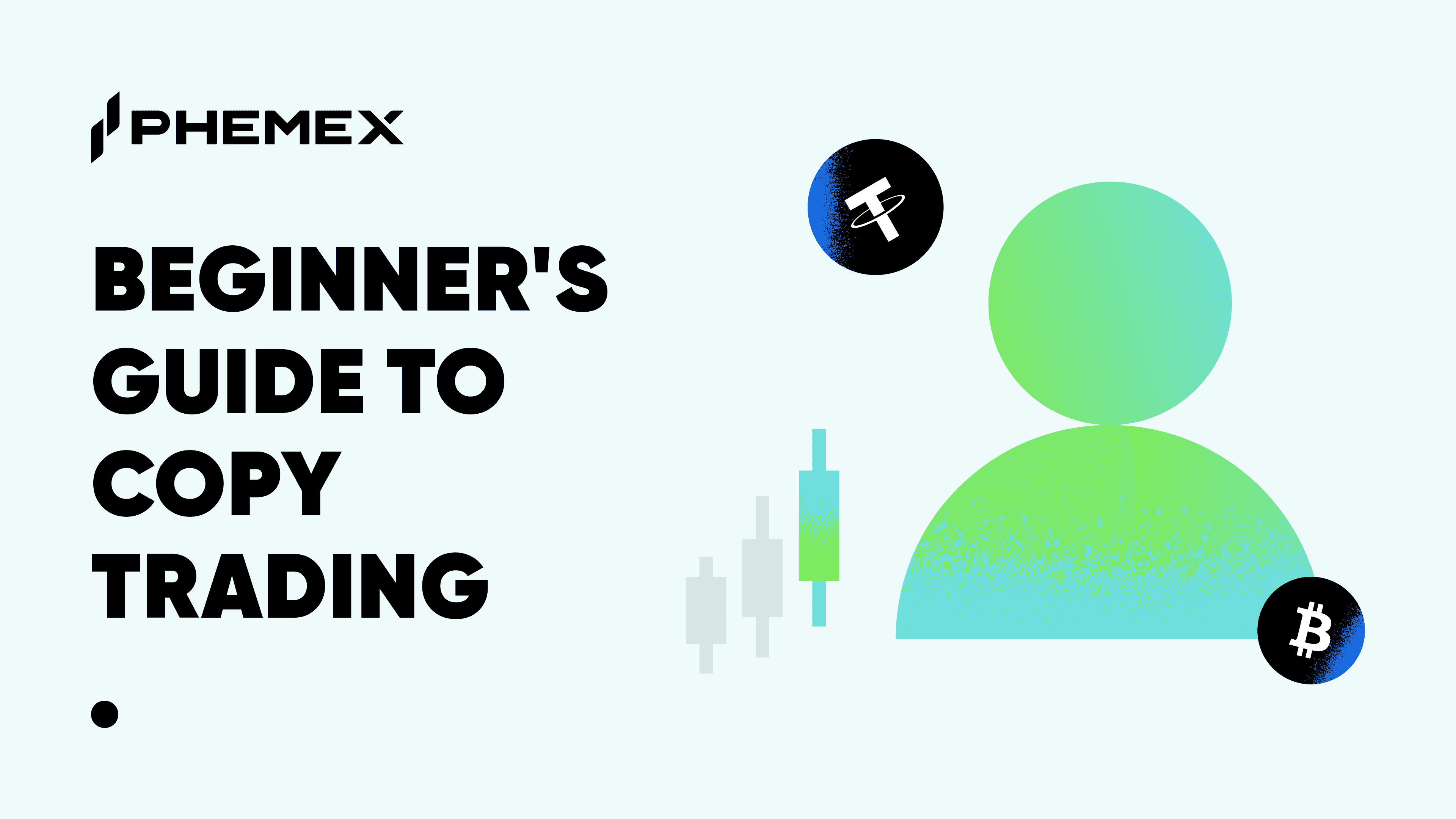A Token Generation Event (TGE) is a process where new cryptocurrency tokens or coins are created and distributed to the public. It's a means for cryptocurrency projects to raise funds, either for development, operations, or other project needs. TGEs are popular mechanisms in the decentralized world to bootstrap new projects or platforms.
Coin vs Token
- Coin: A coin, like Bitcoin or Ethereum, operates on its own blockchain and serves as a medium of exchange, store of value, or unit of account.
- Token: Tokens reside on existing blockchains, such as Ethereum's ERC-20 tokens, and can represent various assets or functionalities, like a stake in a project, access rights, or physical assets.
How Does a TGE Work?
- Token Creation: The first step is the creation of the tokens. This involves defining the total supply, purpose, and technical aspects like interoperability with wallets.
- Whitepaper: A whitepaper is released detailing the project's aims, roadmap, team, tokenomics (how the token works), and other vital details to provide transparency and insight to potential investors.
- Pre-sale and Public Sale: Before the public sale, tokens might be offered to select investors or early supporters at a discounted rate during a pre-sale. The public sale is when the majority of tokens are sold to the general public, often at a fixed price.
- Fund Management: Once funds are raised, they need to be effectively managed to fulfill the project's promises and development goals. Transparency in fund usage is crucial to maintain investor trust.
Types of Token Generation Events
Initial Coin Offerings (ICOs)
ICOs stand out as one of the pioneering and widely recognized TGEs. Within an ICO, a novel venture releases its unique tokens for acquisition by investors. Typically, recognized cryptocurrencies such as bitcoin or ether serve as the medium of exchange for these tokens. The capital amassed during the ICO usually propels the project's progression and actualization.
Security Token Offerings (STOs)
Diverging from the utility tokens in ICOs, STOs roll out tokens classified as securities. Such tokens resonate with ownership stakes in the core asset, venture, or enterprise. Holding these tokens might grant entitlements like dividend claims, profit splits, or other monetary gains. Given their nature, STOs abide by pertinent fiscal rules, like securities directives, fortifying compliance and safeguarding investors.
Initial Exchange Offerings (IEOs)
IEOs are token generation events spearheaded by cryptocurrency exchange platforms. The exchange shoulders the responsibility of orchestrating the token issuance, representing the project group. The endorsement of an exchange instills a layer of trust and validation since projects undergo a preliminary exchange assessment pre-token release. Investors find convenience in this model, as they engage using their pre-existing exchange portfolios.
Initial DEX Offerings (IDOs)
IDOs echo the essence of IEOs but unfold within the realm of decentralized exchanges (DEXs) as opposed to their centralized counterparts. Embracing a holistic decentralized ethos, DEXs usher in a communal, user-centric token sale model. IDOs frequently engage a proactive community base, often ensuring an expansive reach to international participants.
Types of Tokens Issued during TGEs
Understanding Tokens
Tokens are digitally crafted representations of utilities or assets, anchored to a blockchain network and integrated within decentralized apps (DApps). Through token generation events, these tokens find their way into the marketplace. Crafted via smart contracts, tokens encompass diverse functionalities from signifying assets to granting privileges. Their malleability allows them to symbolize an array of commodities, including virtual gaming assets or loyalty points.
Tokens play pivotal roles such as enabling protocol governance, which fosters user communities, hence influencing a project's trajectory.
Platform Tokens
Rooted in the purpose of bolstering decentralized applications on blockchain frameworks, platform tokens have noteworthy exemplars. Uniswap, a decentralized liquidity facilitator, has birthed the UNI token, both a representation of the platform and a governance mechanism. Ownership of UNI tokens translates to influence over platform decisions, reinforced by the underlying blockchain's security.
Security Tokens
Embodying real-world assets like precious metals, security tokens are digital stand-ins. Consider gold: rather than physically stashing it, one could possess a token whose value fluctuates with gold's market worth. The inherent security of blockchain makes these tokens a secure representation, contingent on the legitimacy of the underlying asset.
If we juxtapose security tokens to traditional assets, such as real estate or company stocks, the token's valuation mirrors the associated asset. A rise in asset value magnifies the token's worth and vice-versa.
Transaction Tokens
Designed for commerce, transaction tokens serve as digital counterparts to conventional currency, occasionally bringing additional perks. The appeal lies in evading traditional middlemen, like banks. Stablecoins like Dai exemplify this, facilitating transactions across various networks and standing as a credible exchange medium. The POA Network's xDai is a testament to transaction tokens offering speedier, economical transaction avenues compared to orthodox systems.
Utility Tokens
In blockchain realms, utility tokens provide an entry ticket to specific platform services. Distinct from their security counterparts, utility tokens aren't direct investment instruments. Instead, they're payment methods within specific ecosystems. The symbiotic relationship between a platform and its utility token is evident, as the platform shields the token, while the token induces network vitality. An example of that would be Phemex Token (PT), which is an on-chain, transferable ERC-20 platform utility token for the Phemex exchange.
Non-fungible Tokens (NFTs)
NFTs are unparalleled digital artifacts on the blockchain, often signifying ownership of items like digital masterpieces. In essence, they're akin to digital authenticity certificates, especially when referencing online art forms.
Governance Tokens
Integral to decentralized decision-making, governance tokens empower holders with voting privileges on pressing issues like protocol evolution. Given the inherently decentralized structure of DeFi platforms, governance tokens fill the void of central oversight. Using the UNI token as a reference, holders might have the leverage to alter protocol fees, with voting influence proportional to token holdings. This dynamic fosters debate on the true nature of such platforms' decentralization.
Read More
- What Are Crypto Tokens? How Do They Work?
- What is a security token offering (STO)?
- What is Initial DEX Offering?
- Asset Tokenization: Tokenize Real-World Assets on the Blockchain
- What is Initial Exchange Offering (IEO) & How does it Work?
- What Are Non-Fungible Tokens (NFTs): Introduction to NFTs
- What Is an Exchange Token?
- What Are LP Tokens? A Step-by-Step Guide to Creating Your Own LP Token & Launching a Coin







